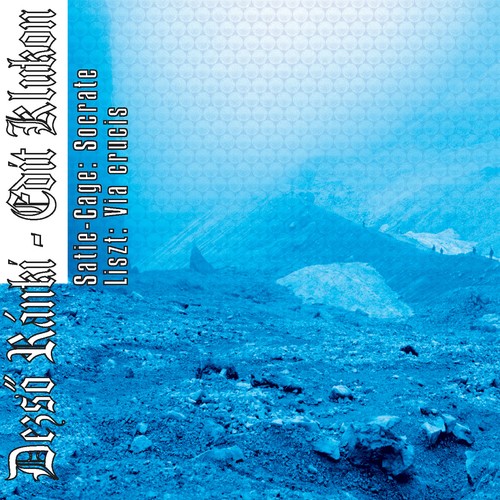
Satie - Cage: Socrate | Liszt: Via Crucis
Listening consecutively to the two pieces (both resist all attempts to classify by genre) one might think they were by the same composer, and not without reason. The elderly Liszt and Satie came to similarly radical conclusions: both destroy the faith vested in the continuous development of music history and the listener’s expectations; both minimise their means and renounce the magic power of music, discarding elements whose only function is to give pleasure, and searching instead for an inner nuclear energy; both refrain from constructing “developmental” dramatic forms, in order to organise the musical process anew, from within; finally both reach back to the music of the Middle Ages, and present this temporal step backwards as an intellectual step forwards. Although Liszt died before Satie wrote his first works, Satie could never have heard Liszt’s late works. In spite of the forty years between them, the two works are in the same vein. Where does the 20th century begin?
Miklós Dolinszky
